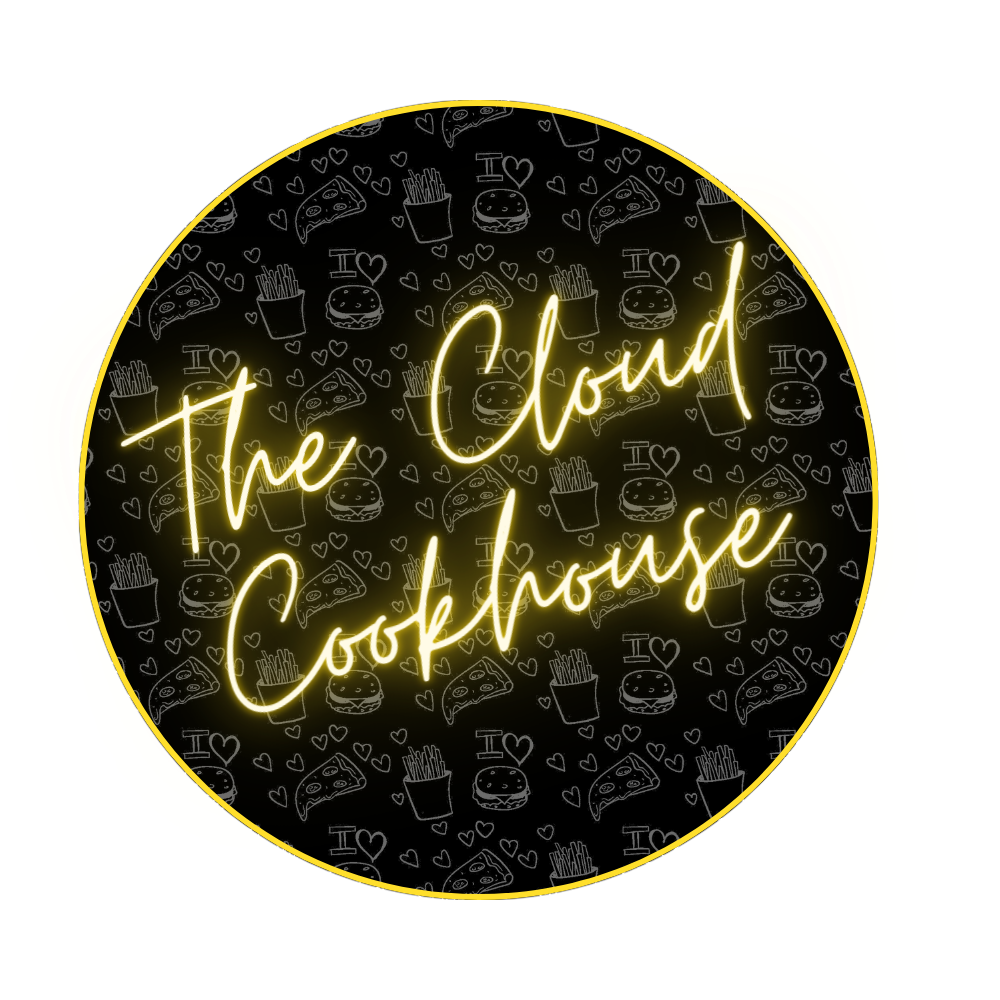Vegan cooking is more than just a trend; it’s a lifestyle choice that promotes health, environmental sustainability, and compassion for animals. Whether you’re a seasoned vegan or just starting your plant-based journey, this ultimate guide to vegan cooking will equip you with the knowledge and inspiration you need to create delicious and nutritious vegan meals.
Benefits of Vegan Cooking
Health Benefits
A vegan diet is rich in nutrients, including vitamins, minerals, and antioxidants. It can help lower the risk of chronic diseases such as heart disease, diabetes, and certain cancers. Additionally, vegan diets are typically high in fiber, promoting better digestive health.
Environmental Benefits
Adopting a vegan diet significantly reduces your carbon footprint. Animal agriculture is a leading cause of deforestation, greenhouse gas emissions, and water pollution. By choosing plant-based foods, you contribute to the conservation of natural resources and the protection of our planet.
Ethical Benefits
Choosing a vegan lifestyle demonstrates compassion for animals. By avoiding animal products, you take a stand against the cruelty and exploitation inherent in factory farming practices.
Essential Vegan Ingredients
Plant-Based Proteins
Incorporate a variety of plant-based proteins such as beans, lentils, tofu, tempeh, and seitan. These ingredients are versatile and can be used in a wide range of recipes, from soups and stews to stir-fries and salads.
Whole Grains
Whole grains like quinoa, brown rice, barley, and oats are nutritious staples in a vegan diet. They provide essential vitamins, minerals, and fiber, helping you feel full and satisfied.
Nuts and Seeds
Nuts and seeds, including almonds, chia seeds, flaxseeds, and hemp seeds, are excellent sources of healthy fats, protein, and omega-3 fatty acids. They add texture and flavor to dishes and can be used in smoothies, salads, and baking.
Fresh Fruits and Vegetables
A colorful array of fruits and vegetables should be the cornerstone of your vegan meals. They provide essential vitamins, minerals, and antioxidants that promote overall health and well-being.
Dairy Alternatives
Explore dairy alternatives such as almond milk, soy milk, coconut milk, and cashew cheese. These products are widely available and can be used in cooking and baking to replace traditional dairy.
Tips for Vegan Cooking
Plan Your Meals
Planning your meals in advance can help ensure you have a balanced diet and save time during busy weekdays. Prepare a weekly menu, create a shopping list, and batch cook meals to have healthy options readily available.
Experiment with Flavors
Don’t be afraid to experiment with different herbs, spices, and condiments. Flavorful additions like garlic, ginger, turmeric, cumin, and nutritional yeast can elevate your vegan dishes and make them truly delicious.
Learn Substitution Techniques
Understanding how to substitute non-vegan ingredients with plant-based alternatives is key to successful vegan cooking. For example, use mashed bananas or applesauce in place of eggs in baking, or try aquafaba (chickpea brine) as an egg white substitute.
Invest in Quality Cookware
Invest in high-quality cookware, including a good set of knives, a blender, and a food processor. These tools will make your cooking experience more enjoyable and efficient.
Easy Vegan Recipes to Get Started
Vegan Chickpea Curry
Ingredients:
- 1 can chickpeas, drained and rinsed
- 1 onion, chopped
- 2 garlic cloves, minced
- 1 can coconut milk
- 1 cup diced tomatoes
- 2 tbsp curry powder
- Salt and pepper to taste
Instructions:
- Sauté onion and garlic in a pot until softened.
- Add curry powder and cook for another minute.
- Stir in chickpeas, coconut milk, and tomatoes.
- Simmer for 15-20 minutes. Season with salt and pepper.
- Serve over rice or with naan bread.
Vegan Chocolate Cake
Ingredients:
- 1 1/2 cups flour
- 1 cup sugar
- 1/4 cup cocoa powder
- 1 tsp baking soda
- 1/2 tsp salt
- 1 cup water
- 1/3 cup vegetable oil
- 1 tsp vanilla extract
- 1 tbsp apple cider vinegar
Instructions:
- Preheat oven to 350°F (175°C). Grease a baking pan.
- In a bowl, mix flour, sugar, cocoa powder, baking soda, and salt.
- Add water, oil, vanilla, and vinegar. Mix until smooth.
- Pour batter into the pan and bake for 30-35 minutes.
- Let cool before serving.
Conclusion
Vegan cooking is a rewarding and fulfilling way to enjoy nutritious and delicious meals while making a positive impact on your health, the environment, and animal welfare. By incorporating a variety of plant-based ingredients, experimenting with flavors, and planning your meals, you can master the art of vegan cooking and enjoy all its benefits.

